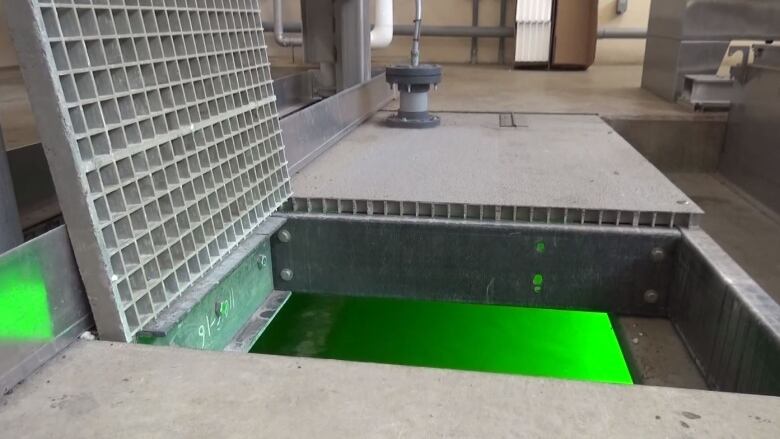U of S researchers can't complete new COVID-19 sewage study without more grant money
Early results predict consistently high cases of coronavirus in Saskatoon

A research team at the University of Saskatchewan says it needs more grant money before it can complete its latest study testing Saskatoon's wastewater for COVID-19.
In November, data from the U of S wastewater surveillance team predicted a spike of 100 to 150 new COVID-19 cases in the city, a finding researchers believe was accurate.
However, future findings have been slowed down because researchers are waiting for new grant money to come in.
"We're still working hard on on securing funding for this project going forward and we are working with all involved parties at this point," said Markus Brinkmann, a toxicologist with the University of Saskatchewan.
"We are hopeful that that decision will be coming forward soon."
The team studies Saskatoon's sewage, tests it for traces of COVID-19and then estimates how many cases the city will see in the future.
Since infected people shed traces of COVID-19 in their feces early on in their infection, the researchers believe the sewage testing acts as an early warning system of pending cases.
"We think this work is important because it can give us an advance notice of upcoming trends and potential new cases," said Brinkmann.
"So this can really help decision makers be informed a little bit ahead of time before they see actual case numbers showing up."
While a full analysis isn't possible right now, the team has just finished processing samples taken last week.
Brinkmann says the results show a slight decrease from previous samples, but the results are still "reasonably high."
"I think we are entering a sort of dynamic recovery at this point where we will probably not see another big surge in numbers, but certainly remain at a relatively high number," he said.
"It will be hard to put out very accurate numbers because, by nature, there will be fluctuations in the new case numbers with people recovering, but also new patients being infected. So it will be hard to really hit spot on, but it can give us an idea of the trends."
Brinkmann said the team could also offer similar services to other communities in Saskatchewan.
The research team is working with the Saskatchewan Health Authority to find the money it needs to continue its work.
With files from Danny Kerslake












_(720p).jpg)


 OFFICIAL HD MUSIC VIDEO.jpg)
.jpg)



























































































